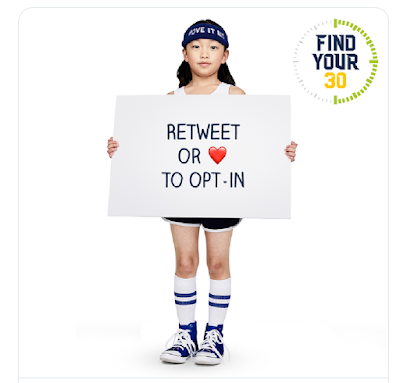what are "Safe People and Safe Projects" for data sharing
The start of this was a directed ideation from Ian Oppermann NSW Chief Data Scientist and CEO of NSW Data Analytics Centre. The Challenge: How do you design a privacy preserving data sharing framework based on these papers. They are well written and provide a very good framework for the question. Privacy in Data Sharing — A Guide for Business and Government (Nov 2018) Data Sharing Frameworks — Technical White paper (Sept 2017) A write up from the original work is here. https://medium.com/@tonyfish/black-swans-and-the-value-of-sharing-data-portability-mobility-900cf12d0c7c Focus Safe People, Safe Projects Within this context, what is a safe project and safe people for a privacy perserviing data sharing idea? Where “safe” means in this context — privacy preserving. Ignoring other factors such as sensitivity, importance, ethics and outcomes. Assumption 1. The reconstruction/ re-identification problem PII (personally identifiable information) ...


